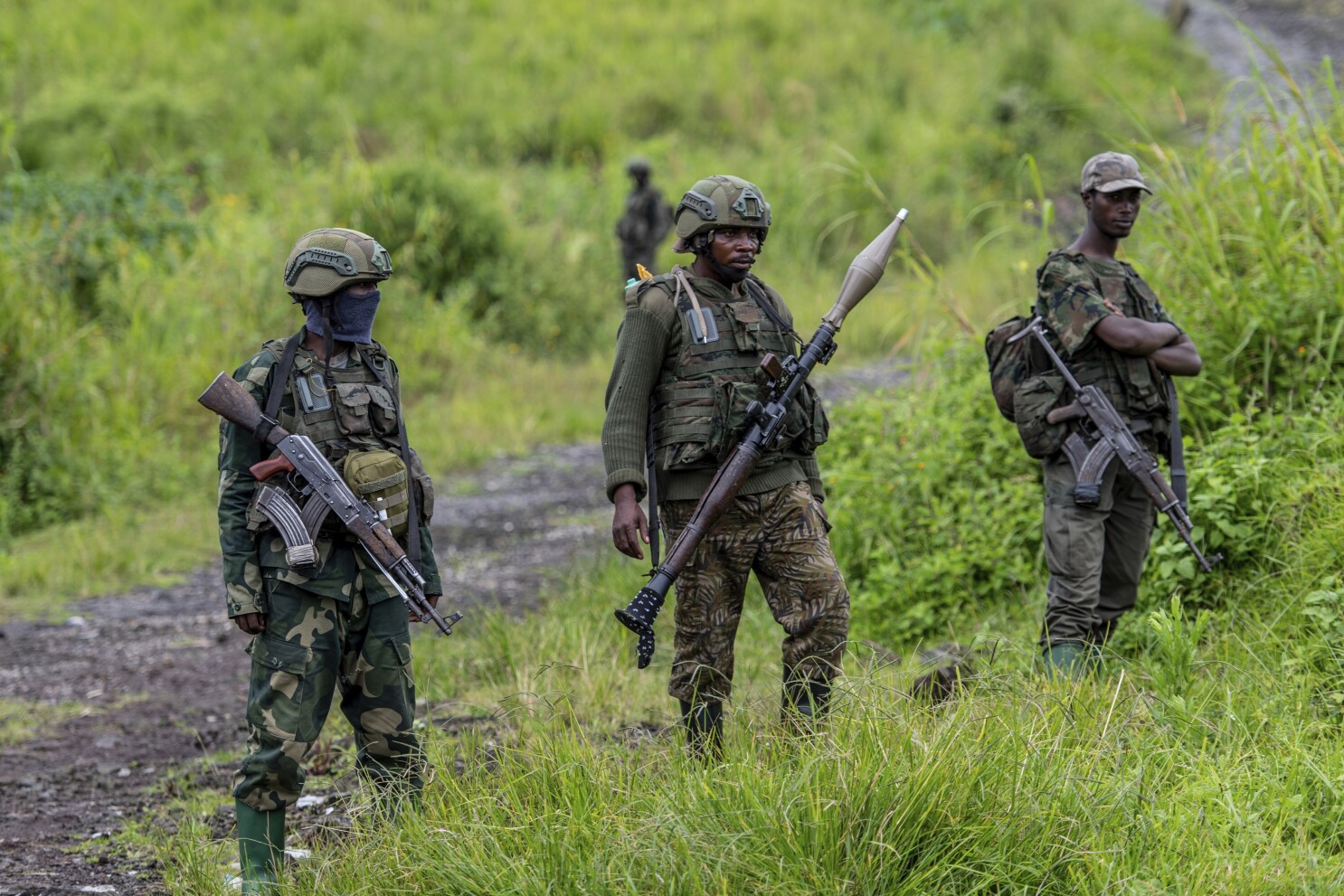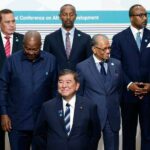Despite the peace agreement signed at the end of June between the Democratic Republic of Congo (DRC) and Rwanda, M23 rebel forces show no signs of retreating from the territories they seized earlier this year. Instead of honoring the accord, the group has intensified its grip on the occupied regions by establishing parallel administrations and expanding recruitment efforts to bolster its military presence.
The situation highlights ongoing instability in eastern DRC, where M23 has long been accused of undermining peace and security despite regional and international mediation. Analysts warn that the rebel group’s continued defiance not only threatens the fragile peace process but also risks escalating tensions between Kinshasa and Kigali, raising fears of renewed clashes and a worsening humanitarian crisis.
The M23 rebellion, rooted in deep-seated political, ethnic, and resource-related disputes, remains one of the most pressing security challenges in Central Africa. With thousands of civilians already displaced, humanitarian organizations caution that further conflict could exacerbate displacement, food insecurity, and human rights violations in the affected areas.
While the peace agreement was intended to pave the way for reconciliation and stability, the refusal of M23 to withdraw underscores the fragile nature of the truce. Observers stress that without genuine political dialogue, enforcement of commitments, and coordinated regional support, the DRC risks sliding back into deeper conflict.
The persistence of M23 forces poses a significant test for both national and regional stakeholders, raising questions about the effectiveness of peace initiatives and the long-term stability of the DRC-Rwanda relationship.













Leave a comment